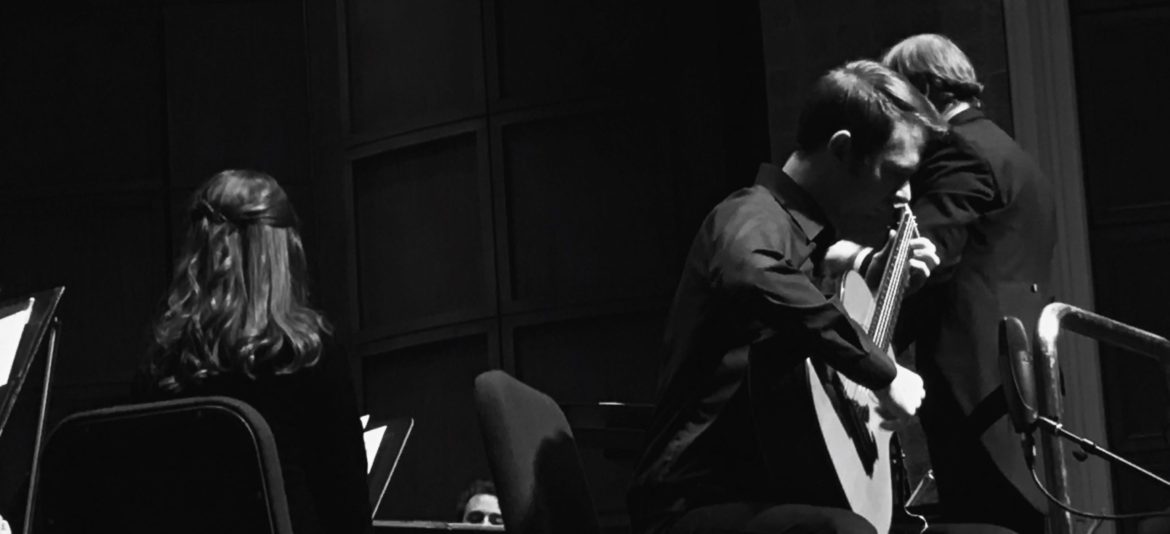Glowing Encounters With the Past
I am not one to get much from the lyrics of songs. There are songs I have listened to hundreds of times and I don’t have the slightest idea what the lyrics are about or even what they are for the most part, it’s just part of the music. When musical processes are happening language ones aren’t. I am amazed when I meet people who think of songs as a poem with musical accompaniment. I do not understand that.
This is why it’s surprising that some of the words I’ve been thinking about for over a year are from a song. In the narrative song “Tangled up in Blue” Bob Dylan presents this scene after the protagonist heads him with a strange woman:
She took down a book of poems and I began to read
Written by an Italian poet of the 13th century
And every one of them words rang true
And glowed like burning coal
Pouring off of every page like it was written in my soul
From me to you
Tangled up in blue.
True to form, this is the only part of the extensive lyrics that I know or understand. This stanza stuck in my mind after a few listens and has been with me ever since. They describe so perfectly an experience of encountering the past that has happened to me and still happens on occasion. It’s something I am almost constantly seeking, though I never thought to describe it before Dylan did it for me.
It’s when you are reading an old book, or walking through the 17th century wing of an art museum, and among all the other portraits and lines one arrests you. It speaks directly to you, and you wonder how it came alive. Why does it glow brighter than the rest?
I am a haphazard reader of poetry at best, but I made my way through an entire volume of George Herbert a few years ago. I could read for days without this encounter, then one day, unexpectedly, a poem would grab me by the throat.
Most of my encounters with the past have been through music, but they are of two different kinds. The interpretive work of another musician will show you something you never heard before. What a great gift, to be able to quicken a dead page of notes in the ears of another. But sometimes, when I work hard at it or sometimes at random, it will happen through the musical score.
I’ve been reflecting a lot recently on being an ear-driven musician. A musical score is a curious thing. In many disciplines the cultural artifact is received as it is. We have a painting, a chair, a sculpture. It inhabits its own space and is its very self. The work surrounding it is curatorial (putting it in a context to be appreciated) and critical, commenting on it in relation to itself, it’s contemporaries, and it’s cultural tradition. Other than restorative work, you don’t do much with the thing itself besides careful observation.
Music (in notation) and drama require realization. The received artifact is a set of instructions, not the thing itself. To be of any interest, this must be done interpretively.
In his musings of the enduring quality of Bach the pianist Jeremy Denk says this about the musical score:
A score has nothing to do with paper, or e-ink; it can appear on an iPad or on parchment. A score is at once a book and a book waiting to be written. Perhaps a golden age of music was born with the score and died with the recording. If you are listening to a recording, you are hearing someone’s truth about Bach’s truth, their idea of Bach’s truth. The wonderment is that you may hear truths you never suspected, possibilities you never dreamed—but still you are buying another person’s truth. So I say, in all seriousness, if you don’t play an instrument, take one up; take lessons; make the time.
Embedded here is the idea that the fullest enjoyment of music is through individual interpretation. Making the music as it if were written on your soul and writing it on your own soul in the process.
This is why I continue to play old music. It’s also the standard I bring to old music. If it doesn’t burn and I can’t make it pour off the page like it’s my own then perhaps it should stay in the past. It at least doesn’t belong in my repertoire.
Of all the old music this comes easiest with Bach. That’s why his music is such a mainstay for me. Just below the surface it is ready for a renewal. I have been playing the D Minor violin partita (BWV 1004) for almost four years solid now. I cannot imagine getting bored with it. Just today I thought of something new in the minor arpeggio section of the Chaconne. This happens regularly after hundreds of hours of study and practice. This music is like a campfire ember clouded over with ash; the slightest stir and its glow is renewed.
We don’t always know what’s written on our souls. We’re like the ring of power. It has a message but it has faded from view until the fire makes it glow again. It’s not always obvious when a piece of music will come to life either. Some require a lot of work. The spark isn’t easy to find. Sometimes an inspiration I’ve heard in another performer seems flat and lifeless in my hands. But when the combination of text and performance come together, an old Italian from the 13th century might show you something you needed to say and give you the words to say it.
